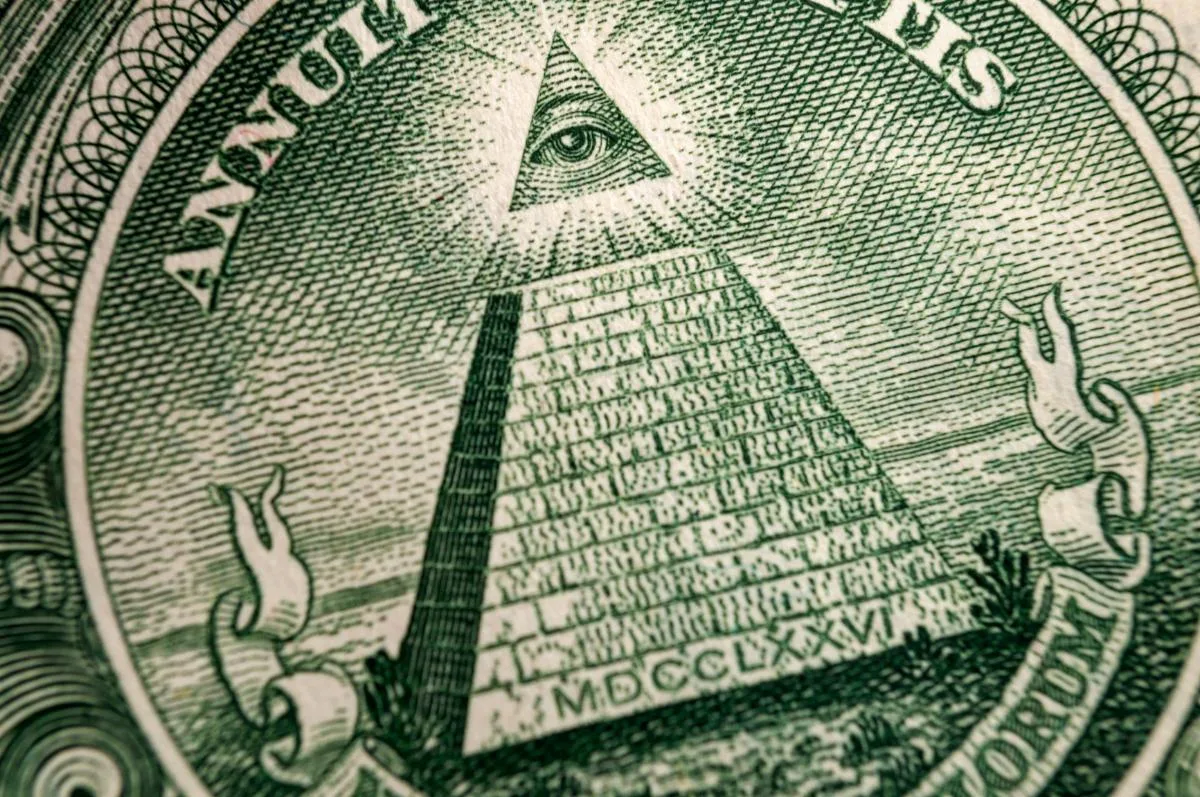Goal of the illuminati
The Illuminati’s goals included promoting rationalism and the scientific method, opposing superstition and dogma, and promoting individual freedom and social equality. They believed that these principles could be used to create a better society, free from the oppressive influence of religion and traditional social hierarchies.
Method of Achievement
The Illuminati’s methods of achieving these goals included infiltrating and influencing influential institutions such as governments, universities, and churches, as well as spreading their ideas through literature, philosophy, and politics. However, the group was suppressed and disbanded in the late 18th century after it was outlawed by the Bavarian government.
Illuminati theory
The term “Illuminati” has been used to refer to various conspiracy theories involving secret societies and shadowy figures manipulating world events from behind the scenes. However, there is no evidence to support the existence of a modern-day Illuminati or any widespread conspiracy involving them. The idea of the Illuminati as a powerful secret society manipulating world events is largely a product of popular culture and conspiracy theories.




